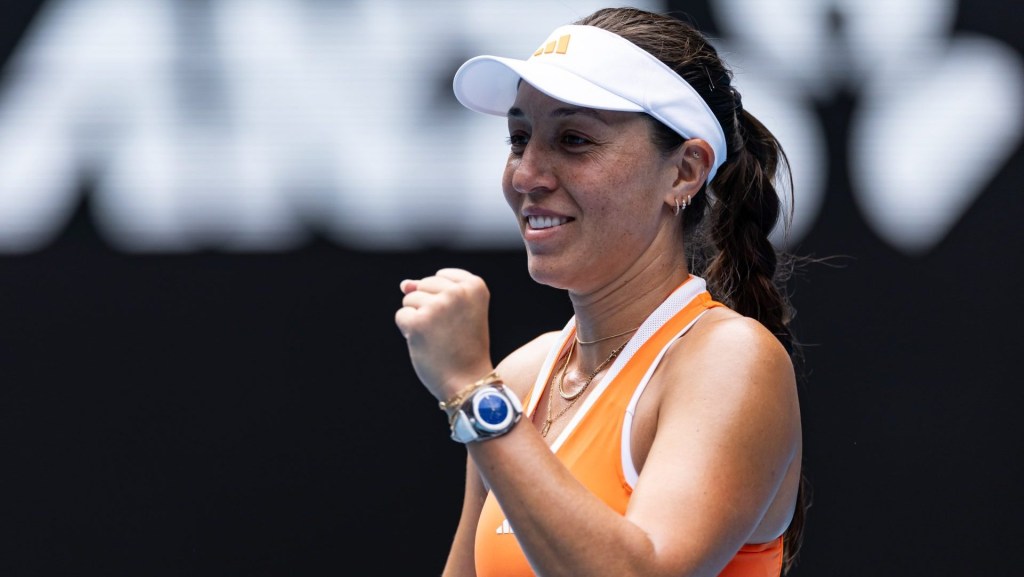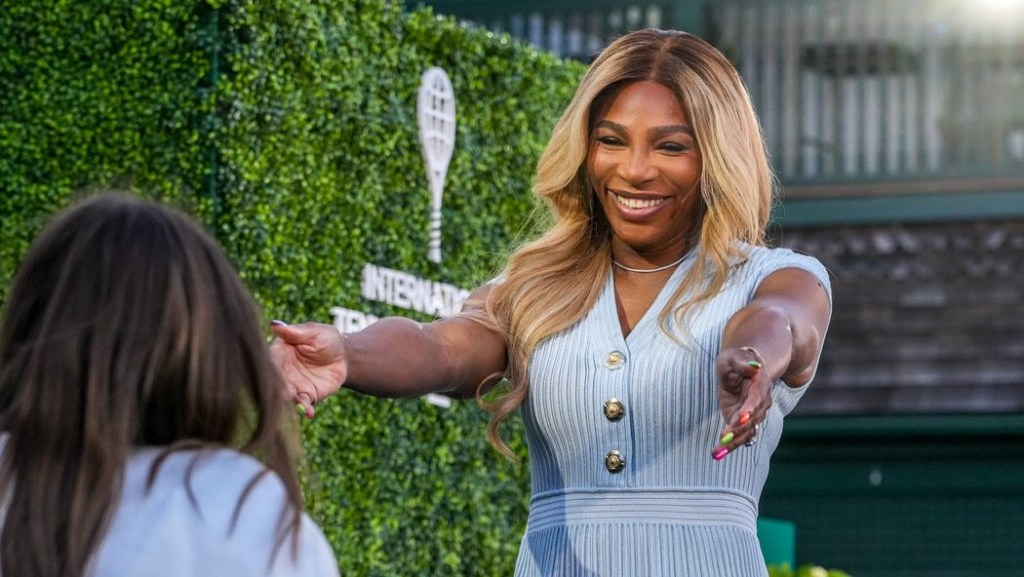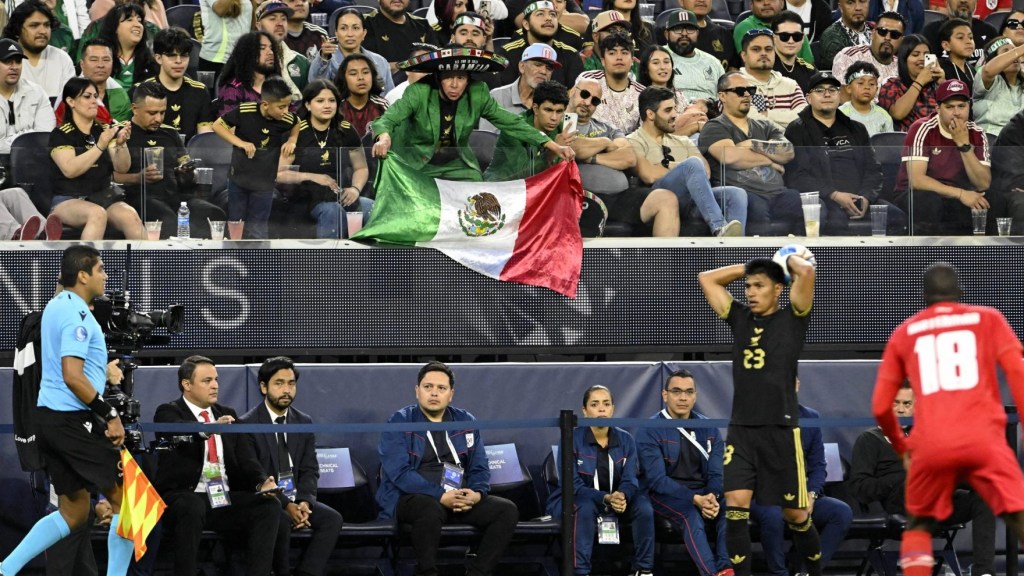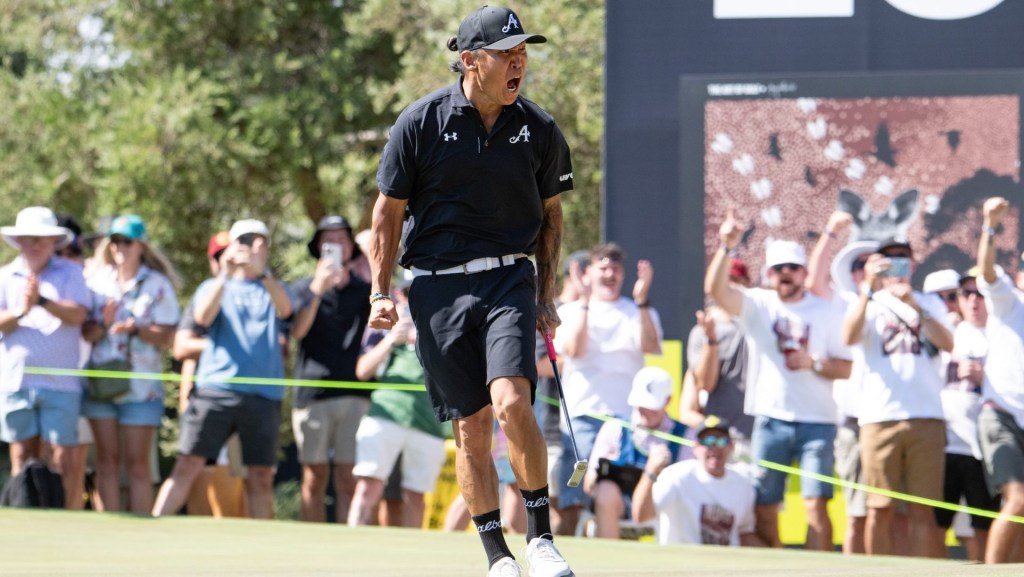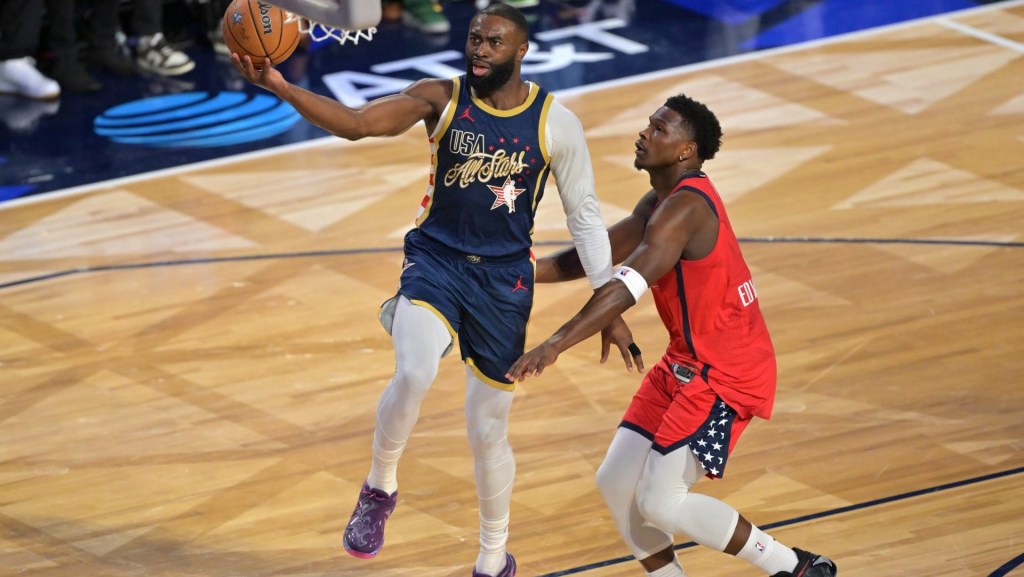The world’s fastest teenager is suing one of the biggest brands in sports.
Issam Asinga, still just 19, took the track and field world by storm in 2023. He ran 9.89 for 100 meters and beat Noah Lyles, who went on to win the World Championships in the 100 meters last year and is among the major favorites to win Olympic gold in Paris later this summer. Asinga’s 9.89 was a new world junior record and made him the first U.S. high schooler to break 10 seconds. (He represents Suriname internationally.)
It all came crashing down just days afterward. He ran the 9.89 on July 28, 2023, and track and field’s global drug-testing body told him less than two weeks later that he had failed a test taken July 18. A urine sample contained the illegal fat-burning substance GW1516.
In lengthy and ongoing appeals—and now civil litigation—Asinga has made the case that his positive test was caused by gummies that Gatorade gave him at an awards ceremony last year.
The Athletics Integrity Unit didn’t buy Asinga’s excuse, accepting that some gummies had the illegal substance, but calling into question whether someone in Asinga’s camp contaminated the sample. In May, the AIU upheld a four-year suspension for Asinga; earlier this week, its full decision in the case was released.
Asinga is still appealing that decision to the Court of Arbitration for Sport. Wednesday, he sued Gatorade in a lawsuit first reported by Reuters.
The chain of custody issues that Asinga and Gatorade allege are complex, but they boil down to:
- Gatorade falsely appended an “NSF Certified for Sport” label to the gummies Asinga consumed. The certifying body in question, the NSF, said as much in June of this year.
- Asinga submitted his own gummies to the AIU; the gummies tested positive, but the AIU would accept only a sealed bottle.
- Gatorade was unable to produce a sealed bottle from the correct lot in time for Asinga’s appeal.
- Last month Gatorade sent a sealed bottle to the AIU.
The suit against Gatorade says the drink company “had misrepresented over the course of seven months that no sealed version from the same lot existed.” According to the suit, the delay in turning over the sealed gummies for testing caused the illegal substance to degrade and become undetectable. The suit says Asinga “seeks to recoup the millions of dollars he has lost in economic opportunities, as well as compensation for the devastating emotional harm he has suffered.”
Gatorade rejected Asinga’s claim in an email to The Washington Post. “The product in question is completely safe and the claims made are false,” a company spokesperson wrote. “Gatorade products are FDA compliant and safe for athlete consumption, which was validated by the findings of the Athletics Integrity Unit investigation.”
One of Asinga’s lawyers laid out how he saw Gatorade handling the case. “They did a bait-and-switch,” Alexis Chardon told the Post. “They said, ‘We don’t have a sealed supplement of the one we gave Issam. But we have this other one. Why don’t you take this one?’ That one was NSF tested. And then they let that lie fester.”
Asinga has not raced since the suspension came down last year, but he has been training at Texas A&M in case his appeal is ultimately successful.
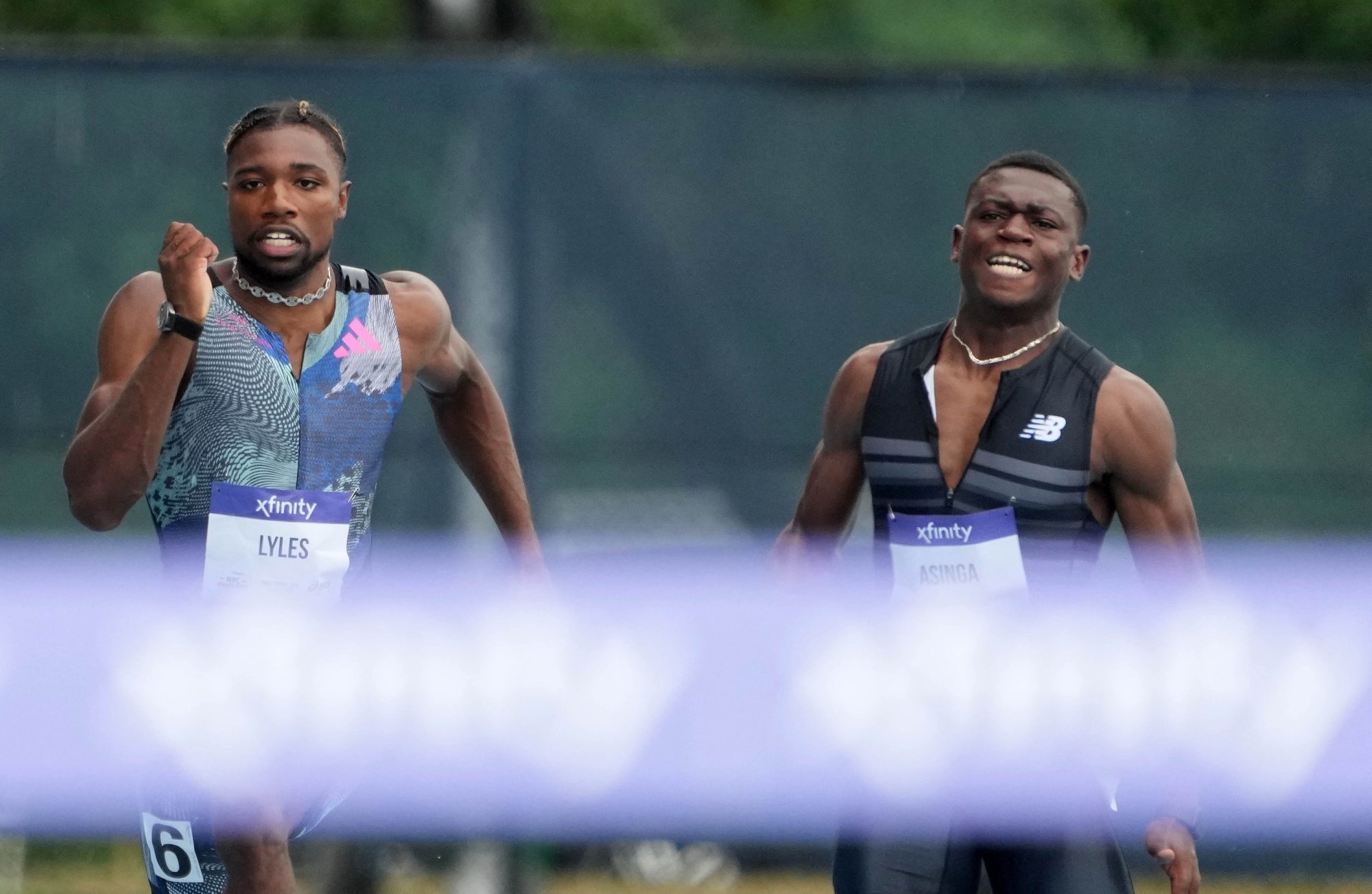
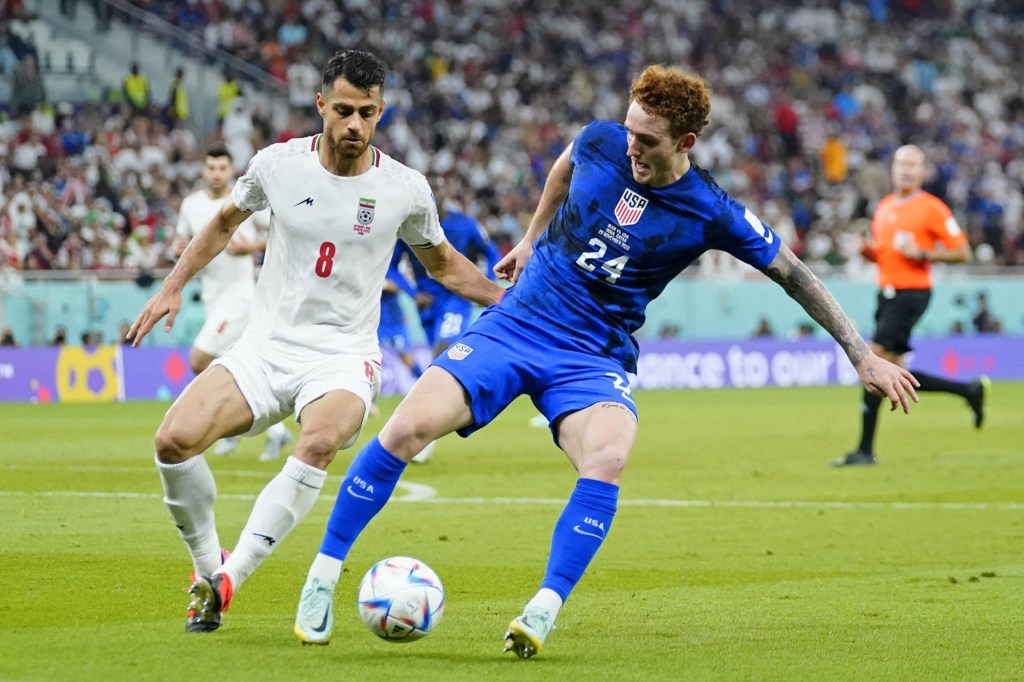



![[Subscription Customers Only] Jun 15, 2025; Seattle, Washington, USA; Botafogo owner John Textor inside the stadium before the match during a group stage match of the 2025 FIFA Club World Cup at Lumen Field.](https://frontofficesports.com/wp-content/uploads/2026/02/USATSI_26465842_168416386_lowres-scaled.jpg?quality=100&w=1024)
![[Subscription Customers Only] Jul 13, 2025; East Rutherford, New Jersey, USA; Chelsea FC midfielder Cole Palmer (10) celebrates winning the final of the 2025 FIFA Club World Cup at MetLife Stadium](https://frontofficesports.com/wp-content/uploads/2026/02/USATSI_26636703-scaled-e1770932227605.jpg?quality=100&w=1024)




